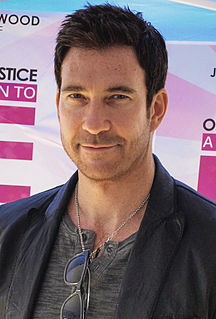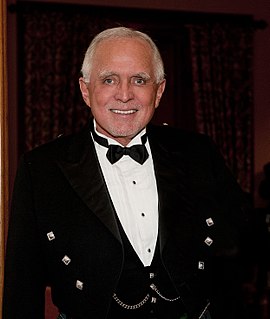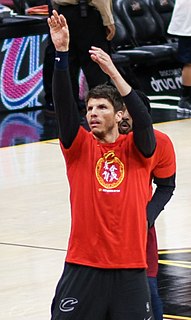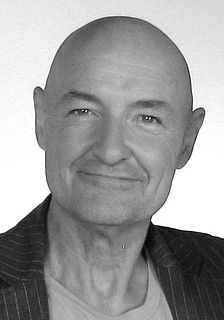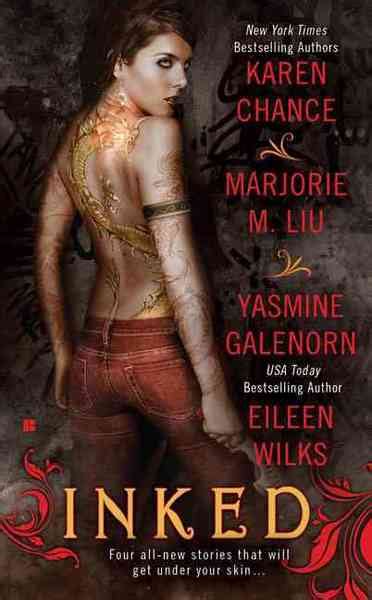A Quote by Dylan McDermott
I was terrified of the Vietnam War when I was 13. I thought I was going. The draft was such an ominous thing, I felt as if it was going to trickle down to me.
Related Quotes
Draft night for me - I watched it in my dorm in college. And it started off with just me and a friend, because I knew I probably wasn't going to get picked right away. I thought it was going to be a little later. But, you know, you watch the whole thing. You never know what might happen, so you gotta watch.
I don't want to see trickle down racism. I don't want to see a president of the United States saying things which change the character of the generations of Americans that are following. Presidents have an impact on the nature of our nature. And trickle down racism, trickle down bigotry, and trickle down misogyny, all these extraordinarily dangerous to the heart and character of America.
They say actually every time I enter the ring, in a way, I`m going to the war. They say to me daily, you are a prized fighter, what`s the difference? And I like to say to those critics of the press and the others that there is one hell of a lot of difference in fighting in a ring and going to war in Vietnam.
We forget now, but during his life, Dr. King wasn't always considered a unifying figure. Even after rising to prominence, even after winning the Nobel Peace Prize, Dr. King was vilified by many, denounced as a rabble rouser and an agitator, a communist and a radical. He was even attacked by his own people, by those who felt he was going too fast or those who felt he was going too slow; by those who felt he shouldn't meddle in issues like the Vietnam War or the rights of union workers.
My body cheerfully informed me that he felt really good pressed against me like that, all hard muscles and smooth contours and ominous bulges. My body liked the air of barely leashed strength and caged mayhem he was giving off. My body thought he smelled really good, like heat and coffee and electricity. My body was going to get me killed.
Most of us who were opposed to the war, especially in the early '60's - the war we were opposed to was the war on South Vietnam which destroyed South Vietnam's rural society. The South was devastated. But now anyone who opposed this atrocity is regarded as having defended North Vietnam. And that's part of the effort to present the war as if it were a war between South Vietnam and North Vietnam with the United States helping the South. Of course it's fabrication. But it's "official truth" now.
